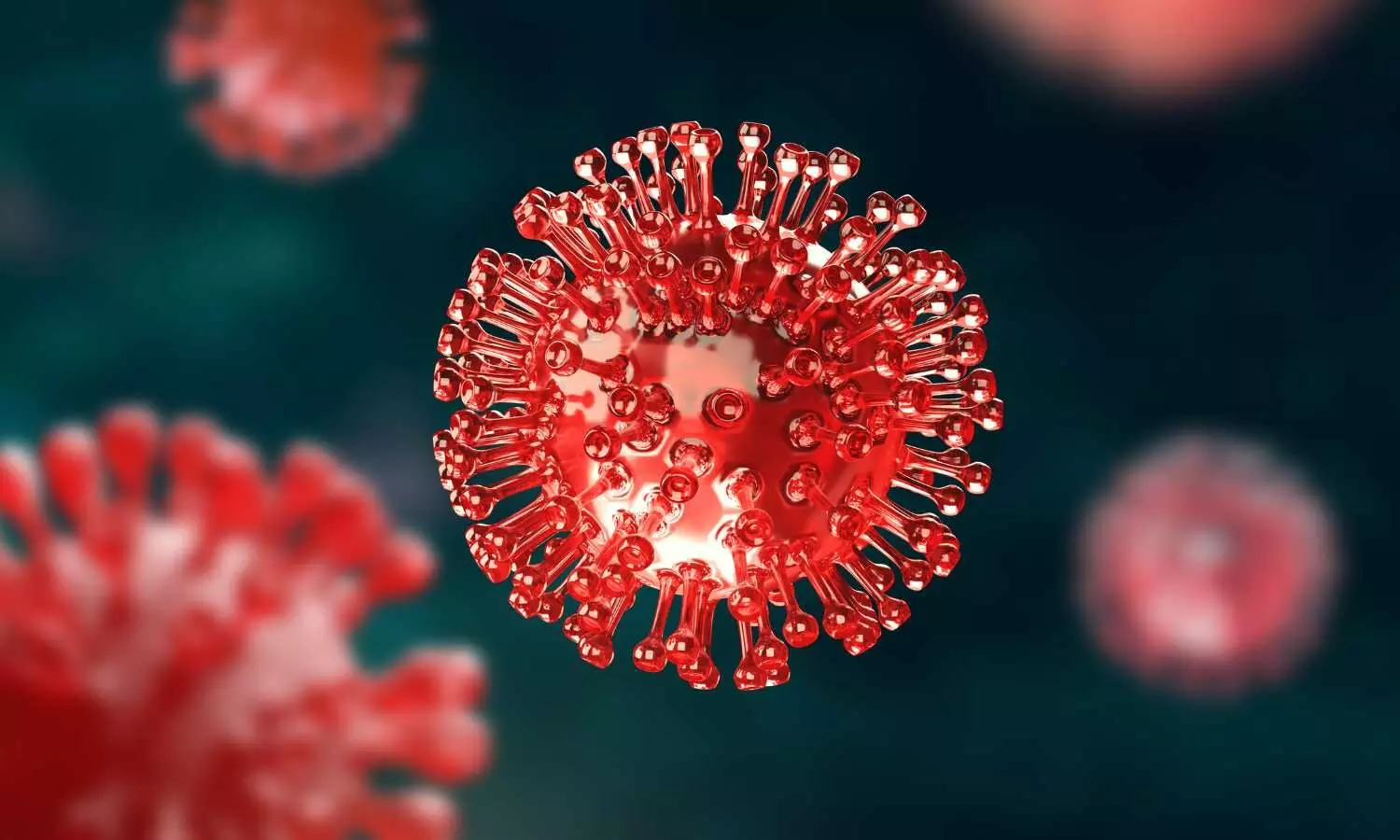POTS common in patients with long COVID: Study
- byDoctor News Daily Team
- 14 October, 2025
- 0 Comments
- 0 Mins

A new study from Karolinska Institutet in Sweden shows that an unusualheart rhythm disorder, POTS, is particularly common in people with longCOVID. The majority of those affected are middle-aged women. The study has been published in the scientific journalCirculation: Arrhythmia and Electrophysiology. Postural orthostatic tachycardia syndrome, or POTS, is a condition where the heart beats abnormally fast when changing position from lying down to standing up. Standing up is a challenge for those affected who feel dizzy and would rather sit or lie down, so called orthostatic intolerance. Their hearts may also beat faster than normal at rest and during exertion. Patients experience fatigue and difficulties concentrating, symptoms that are common in long COVID. Now, researchers at Karolinska Institutet show that POTS occurs in almost a third of patients with severe long COVID. By comparison, less than one per cent of the Swedish population was affected by POTS before the pandemic. “Previous, smaller studies have shown that there is a connection, but now we can say with certainty that POTS is a very common condition in patients with long COVID. This is valuable knowledge for both healthcare professionals and patients,” says Mikael Björnson, doctoral student at the Department of Medicine, Solna, Karolinska Institutet. According to the researchers, this study is the largest and most detailed to date on the link between POTS and long COVID. A total of 467 patients with severe long COVID who had not been hospitalised for COVID-19 were examined. Ninety-one per cent were middle-aged women who were essentially healthy and physically active before they developed long COVID. At an average of twelve months after falling ill, they underwent physical tests and completed forms about their health. Those who showed signs of possible POTS also received an assessment from a cardiologist after further, targeted tests. Thirty-one per cent of participants received a POTS diagnosis, while 27 per cent had symptoms but did not meet the criteria for diagnosis. The remaining 42 per cent had no symptoms of POTS. Patients with a diagnosis had significantly higher heart rates during walking tests and reported lower health-related quality of life. “It is important to know that POTS can be detected with inexpensive, simple tests that are available at all levels of healthcare. For those who receive a diagnosis, there are treatments that can alleviate symptoms and improve quality of life,” says Judith Bruchfeld, associate professor at Karolinska Institutet, senior consultant in infectious diseases at Karolinska University Hospital and head of the study. The researchers now recommend that patients with long COVID who experience a significant increase in heart rate when changing position from lying down to standing, as well as during exertion, and who experience symptoms such as dizziness, brain fog and pronounced fatigue, are investigated for POTS. The next step in the research is a four- and five-year follow-up of the patient group, and in addition, patients with COVID-19 who have been treated in hospital. The researchers will investigate recovery and functional level over time. Mikael Björnson, mikael.bjornson, Prevalence and Clinical Impact of Postural Orthostatic Tachycardia Syndrome in Highly Symptomatic Long COVID, Circulation Arrhythmia and Electrophysiology, https://doi.org/10.1161/CIRCEP.124.013629.
Disclaimer: This website is designed for healthcare professionals and serves solely for informational purposes.
The content provided should not be interpreted as medical advice, diagnosis, treatment recommendations, prescriptions, or endorsements of specific medical practices. It is not a replacement for professional medical consultation or the expertise of a licensed healthcare provider.
Given the ever-evolving nature of medical science, we strive to keep our information accurate and up to date. However, we do not guarantee the completeness or accuracy of the content.
If you come across any inconsistencies, please reach out to us at
admin@doctornewsdaily.com.
We do not support or endorse medical opinions, treatments, or recommendations that contradict the advice of qualified healthcare professionals.
By using this website, you agree to our
Terms of Use,
Privacy Policy, and
Advertisement Policy.
For further details, please review our
Full Disclaimer.
Recent News
Drug which stops tumors' blood supply could help k...
- 25 October, 2025
Processed fats found in margarines unlikely to aff...
- 25 October, 2025
Dark chocolate milk intake linked to improved spri...
- 25 October, 2025
Night-time bright light exposure may raise heart d...
- 25 October, 2025
Daily Newsletter
Get all the top stories from Blogs to keep track.


0 Comments
Post a comment
No comments yet. Be the first to comment!